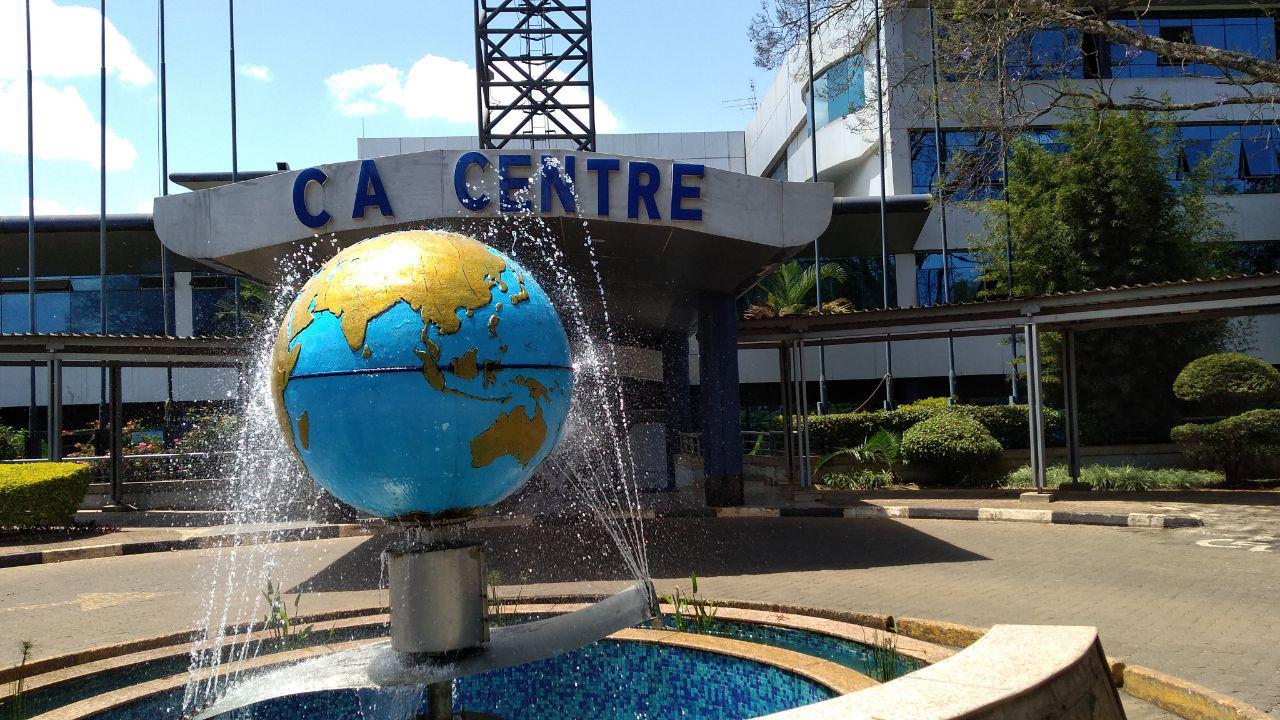
This directive was made by ICT regulator the Communications Authority of Kenya (CA) and the Kenya Copyright Board (KECOBO), a state corporation that is tasked with the administration and enforcement of copyright and related rights such as licensing and Collective Management Organizations (CMOs), among other rights.
“Take notice that service providers are responsible for all obligations and liabilities to any third party associated with copyrights or other rights that may arise from the broadcast/distribution of copyrighted content,” warns the CA and KECOBO.
This development may also have prompted the exit of local TV stations from their normal YouTube livestreams as members of the public have so far noticed.
Additionally, the CA and the Board expect broadcasters and telecoms content service providers to negotiate wand agree on legal contracts with copyright licensing bodies or authorized legal vendors before they can broadcast or share copyrighted material.
“In this regard, the CA required broadcast service providers and telecoms content service providers to demonstrate that they have met copyright obligations in accordance with their license conditions by furnishing the Authority with documentary evidence on the payment of music or any other royalties in compliance with the said requirement,” adds CA.
Licenses such as the KAMP-PRISK-MCSK can be paid for through a variety of means such as Lipa Na M-PESA. Its joint form, which combines several rights licenses, is valid for 12 months. Furthermore, KAMP, Priks, and MCSK have nine regional offices in the country in Nairobi, Central, Western, South Rift, North Rift, Lower Eastern, Upper Eastern, Nyanza, and Coast Region. Among licensing categories offered by the institutions include background use of sound recordings and audiovisual work, communication to the public, broadcast, performances in public places, transport, and events.





























